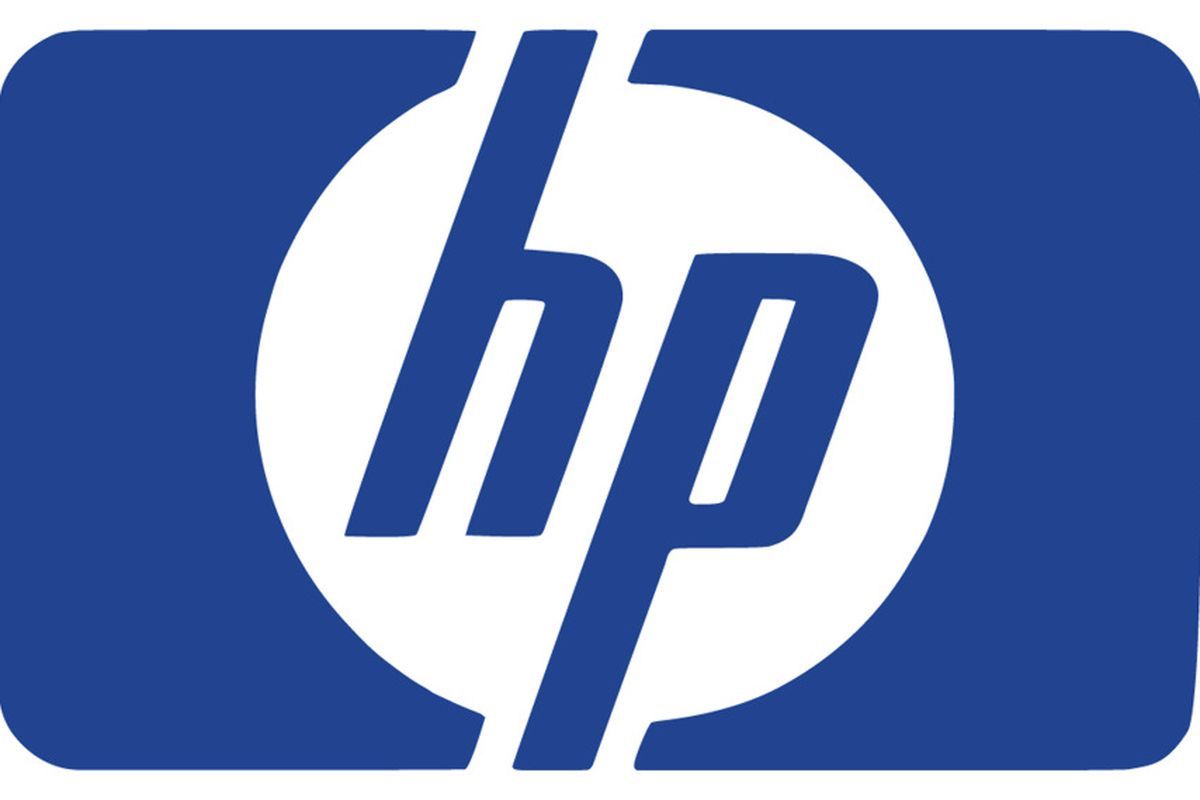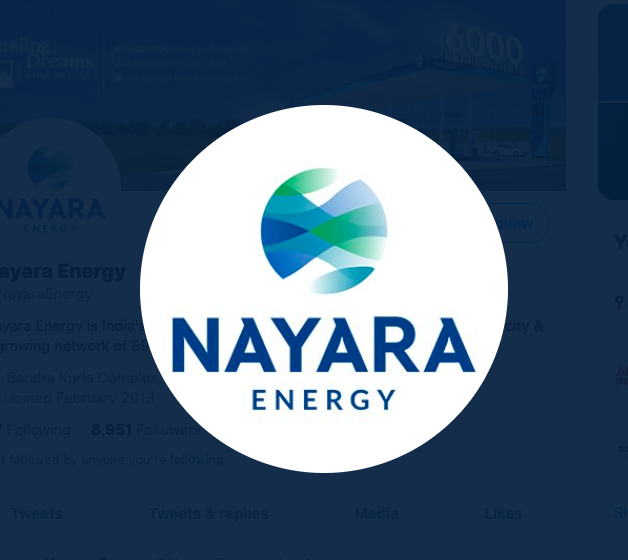The massive 50% surge comes from additional requirements for online learning and WFH; however, demand outstrips actual growth due to chip crunch
Chennai, NFAPost: Despite the spike in demand for personal computers and laptops in India by 50 per cent year-on-year last year, due to additional requirements for online learning and work from home, tech giant HP has said that a major challenge that is bothering the country is the current chip shortage.
Ketan Patel, managing director of HP India in India, has said that pushed by the online learning demand for PCs are more than ever in India pushed by factors such as online learning during the pandemic. He said that from January to December period of 2021, the sector saw the demand increasing by 50% compared to the last year.
“The demand has been more than what the growth has been delivered because of the chip shortages. The demand continues to remain strong while the chip shortage is keeping us bothered all the time. That has been a challenge and we are continuously working to navigate that,” Patel said.
HP used to be the dominant desktop seller in India with a market share of around 30%. In December last year, the company had announced that it has started manufacturing multiple PC products, including laptops in India, as a part of its ‘Make in India’ initiative.
On Thursday, HP India came out with its report “Future of Learning Study 2022”, which indicated that 98% of parents, 99% of teachers are preferring for a hybrid learning model for future. An overwhelming 91% of students also believe that online learning supplements traditional classroom learning.
“This shift requires better technology and tools and majority of non-PC/laptop we surveyed wanted a migration towards that from their mobile phones,” Patel added.
Among the respondents, 88% teachers, 72% students and 89% parents believe that PCs are ideal for digital learning among students. In fact, 79% teachers recommend a migration to PCs for efficient online learning.
It stated that despite the early challenges of online learning, students find immense benefit in the autonomy and flexibility it offers. According to the survey, online learning is allowing students to study at a convenient pace has been the key highlight across students (61%), parents (65%) and teachers (81%). Across students (63%), teachers (57%) and parents (61%), study material in the form of video content is the most preferred form.
“The hybrid learning model blends the benefits of online resources and in-person interactions of a traditional classroom setting to enhance the quality of learning. The remarkable shift towards digital learning has enriched student-teacher interactions while also ensuring the safety and comfort of everyone involved,” Patel said.
“Backed by The HP India Future of Learning Study 2022, I believe that digital learning is going to play a pivotal role in creating a more efficient and effective hybrid learning model,” he added. The survey had a total of 1,597 respondents spread across 13 cities.





